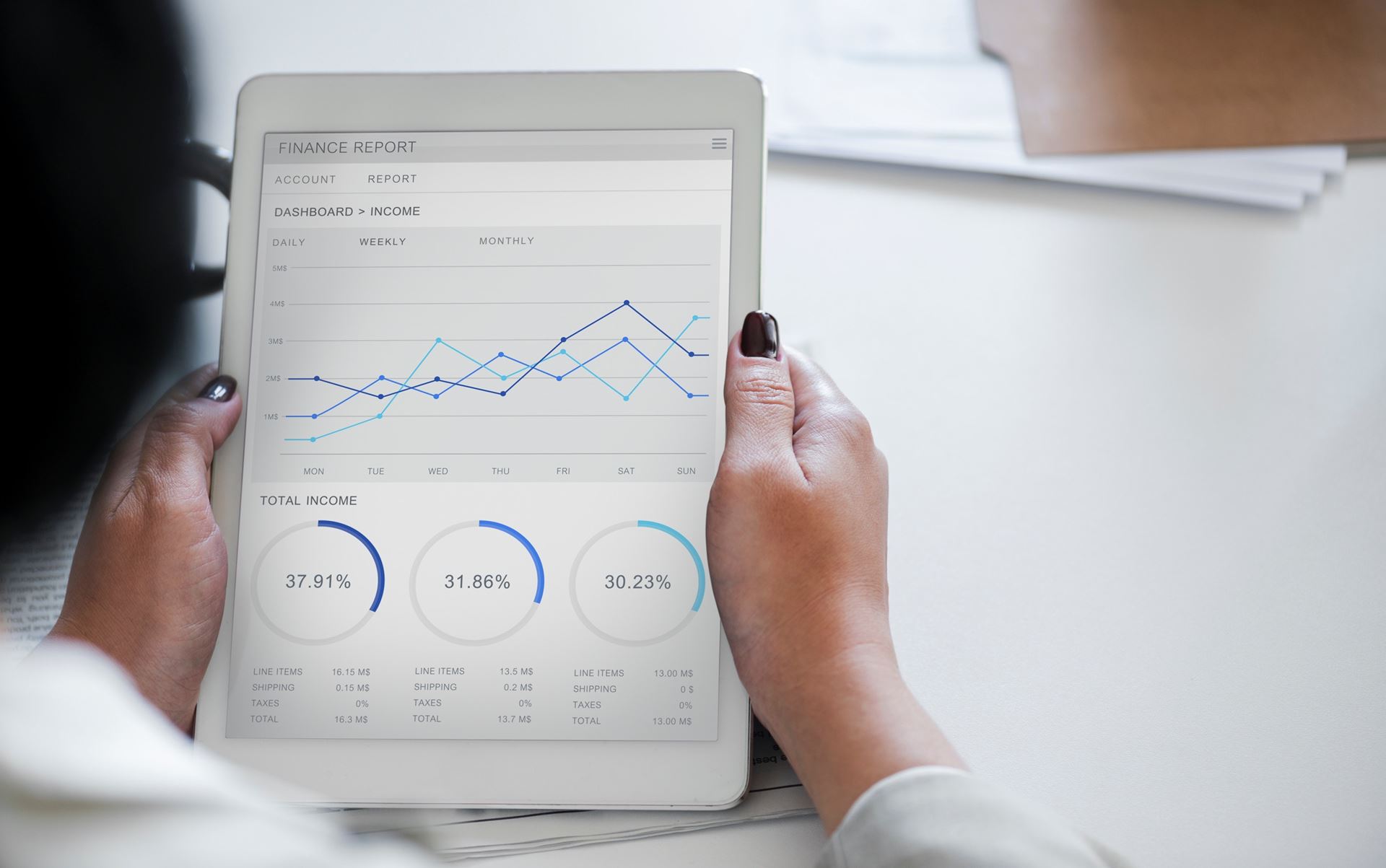Test Results
Results of Tests and Investigations
When you attend for a test of any kind you will be told how long you should expect to wait for the results. Test results are available between 10:00am to 11:30am, and 3:00pm to 5:00pm. It normally takes up to 14 days for your results to become available.
Our reception staff are not qualified to comment on results therefore it is your responsibility to check them and make any necessary follow-up appointment with the doctor.
Please note that we do have a strict policy regarding confidentiality and data protection. In this respect we will only give out results to the person they relate to unless that person has given prior permission for their release or if they are not capable of understanding them.
Please note test requested by your consultant or other colleagues from outside practice will not be directly available to our clinicians. You need to liaise directly with requesting clinicians to find out your results.

TEST RESULTS
If you would like to know about your test results please contact us between the hours of 8:00-13:00 and 14:00-18:30 from Monday to Friday, using the number: 01462 624000
Please know if the doctor does want to speak with your about your results we do call to book an appointment for you, but remember that our receptionist cannot tell you what your results are, when booking an appointment with the doctor, as they are not medically trained.
Blood Tests
A blood test is when a sample of blood is taken for testing in a laboratory. Blood tests have a wide range of uses and are one of the most common types of medical test. For example, a blood test can be used to:
- Assess your general state of health.
- Confirm the presence of a bacterial or viral infection.
- See how well certain organs, such as the liver and kidneys, are functioning.
A blood test usually involves the phlebotomist taking a blood sample from a blood vessel in your arm and the usual place for a sample is the inside of the elbow or wrist, where the veins are relatively close to the surface. Blood samples from children are most commonly taken from the back of the hand. The childs hand will be anaesthetised (numbed) with a special cream before the sample is taken.
You can find out more about blood tests, their purpose and the way they are performed on the NHS Choices website.
X-Rays
An X-ray is a widely used diagnostic test to examine the inside of the body. X-rays are a very effective way of detecting problems with bones, such as fractures. They can also often identify problems with soft tissue, such as pneumonia or breast cancer.
If you have an X-ray, you will be asked to lie on a table or stand against a surface so that the part of your body being X-rayed is between the X-ray tube and the photographic plate.
An X-ray is usually carried out by a radiographer, a healthcare professional who specialises in using imaging technology, such as X-rays and ultrasound scanners.
You can find out more about X-ray tests, how they are performed, their function and the risks by visiting the NHS Choices website.
Page created: 20 November 2023